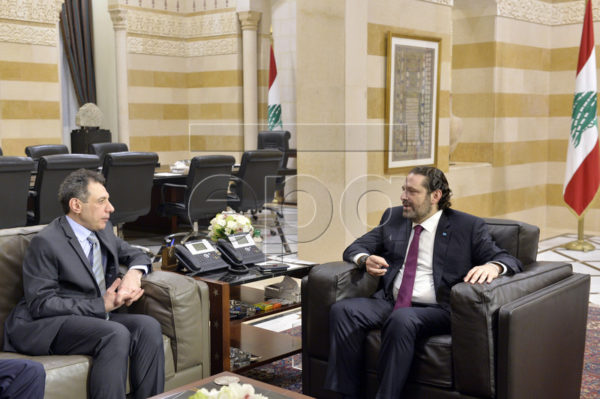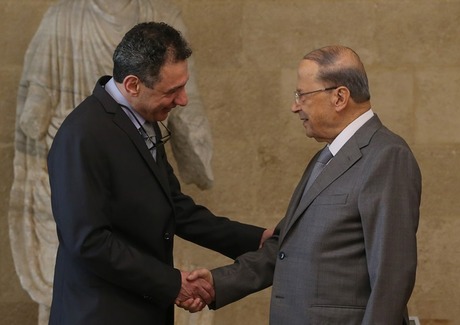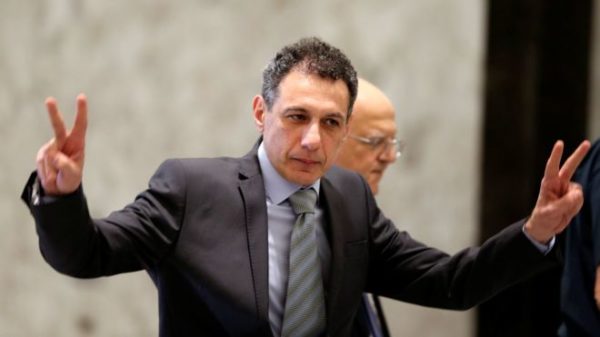
Lebanese businessman Nizar Zakka who was kidnapping by the Iranian Revolutionary Guard and imprisoned on charges of spying for the United States told Lebanese TV channel MTV after he arrived in Beirut following his release from jail : “In the beginning, I was subjected to all kinds of torture. In the second phase the torture was mental, moral and psychological.”
He said he would now devote himself to trying to secure the release of other prisoners who remained in Iran’s notorious Evin Prison. “Evin is not a place you would hope anyone to stay in,” he said. “It’s the ugliest place.”
While in prison Lebanese-born US resident Nizar Zakka refused to make false statements while being filmed in Evin Prison in Tehran , the Center for Human Rights in Iran (CHRI) reported last February.

Zakka’s US-based lawyer Jason Poblete told CHRI on February 6, that Zakka recently spent more than 40 days in a security wing in the prison where agents of the Islamic Revolutionary Guard Corps (IRGC) tried to force him to provide a video confession, which he refused.
“Nizar’s captors will not break Nizar or force Nizar to admit to crimes Nizar did not commit,” Poblete told CHRI on February 6, 2019. “Nizar’s hunger strike is Nizar’s way of resisting and standing up for his belief in his work to help all the people of the Middle East lead better lives.”
Iran’s security establishment, particularly the IRGC, has a long history of working with state institutions and agencies to smear defendants facing politically motivated charges, including by broadcasting their forced “confessions” on state-run TV.
Zakka started another hunger strike last February in protest against his unjust incarceration on unfounded espionage charges, Poblete told CHRI.
“Nizar is protesting his unjust deprivation of liberty and because he refuses to make a confession for a crime he did not commit,” Poblete said. “Iran wants to ruin Nizar’s life’s work, that access to information will improve the lives of all people in the Middle East, including Iran.”

In September 2015, the Washington, DC-based information technology expert and internet freedom advocate travelled to Tehran on invite by then-Vice President for Women and Family Affairs Shahindokht Molaverdi to attend a conference.
Once inside the country, he was arrested by agents of the Islamic Revolutionary Guard Corps’ (IRGC) Intelligence Organization and sentenced to 10 years in prison as well as fined $4.2 million for unspecified espionage charges. An Appeals Court upheld the sentence in August 2017.
“This injustice has caused tremendous and unspeakable stress and suffering on Nizar and his family,” Poblete told CHRI. “There are humanitarian and other grounds for Nizar’s release and all the parties in interest — in the U.S. and the Middle East — need to work expeditiously once and for all to right this injustice.”
Zakka previously went on a 33-day hunger strike that ended on July 28, 2017, to protest his sentence and mistreatment by Iran’s judicial authorities, according to Pobelete.
Tehran’s hospitality does not encourage the Lebanese people to accept invitations by the Iranian government . Who wants to land in jail after being invited by the Iranian authorities?
Ya Libnan Editorial

Leave a Reply
You must be logged in to post a comment.